Don’t Miss One-on-One Meetings With Your Team
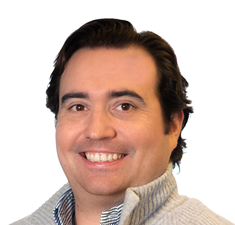 At this point, we likely all know someone that has lost their job or had to make budget cuts because of the COVID-19 pandemic. There’s a narrative in the community industry that we must always be communicating the value we bring to the organizations we work for, but it’s also worth saying that community has really showed up to fight back against this pandemic. The work of connecting and creating safe spaces for people (think tenant unions, social justice organizations, voter registration and education efforts, community fridges, I could go on!) is more vital than ever.
At this point, we likely all know someone that has lost their job or had to make budget cuts because of the COVID-19 pandemic. There’s a narrative in the community industry that we must always be communicating the value we bring to the organizations we work for, but it’s also worth saying that community has really showed up to fight back against this pandemic. The work of connecting and creating safe spaces for people (think tenant unions, social justice organizations, voter registration and education efforts, community fridges, I could go on!) is more vital than ever.
According to a survey conducted by the Pew Research Center, 53% of Americans say the internet has been an essential tool during the pandemic (with 34% more labeling it important). That means the work of community professionals in creating spaces where people can find value, joy, factual information, and human connection on the internet is so important. So if you’re looking for a job, let us know. And if you’re faced with making budget cuts for your team, reflect on crises you’ve managed and customers you’ve delighted, look to how you’ve grown and developed your team, review the data that points to your efforts, and breathe. You’ve got this.
As our guest Paul Bradley (manager of strategic services at Higher Logic) says during this episode, “if anything, community is what you need to lean into during times of crisis.” Let’s all remember the community of community professionals that we have to lean on during these times –– whether those are others on your team or your friends here on Community Signal.
Here’s a preview of what Patrick and Paul discuss in this episode:
- Countering budget-cutting arguments
- Some buy-low investments to consider for your community
- Being accountable for the professional development of your team
- Why Paul deleted his Twitter account with over 100k followers when he took his first community job
- And Karn, our producer, celebrates five years on the Community Signal team!
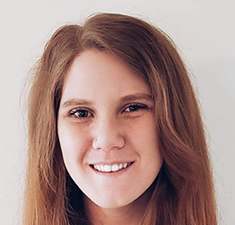 Section 230 is a vitally important law for online community builders in the U.S. That’s why we’ve consistently talked about it on Community Signal, and the growing threat to its existence.
Section 230 is a vitally important law for online community builders in the U.S. That’s why we’ve consistently talked about it on Community Signal, and the growing threat to its existence.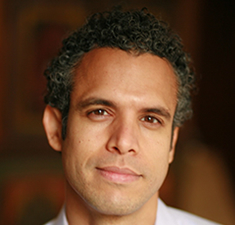 “Let the people see what I have seen.”
“Let the people see what I have seen.” When you contribute to open source projects,
When you contribute to open source projects, 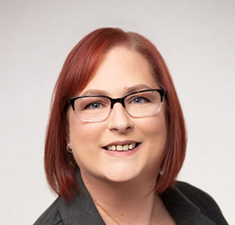 On Community Signal, we’ve spoken to several professionals that have left the industry for other pastures. While their reasons are never exactly the same, there’s certainly a trend amongst professionals in the industry, particularly women, who bore the brunt of online abuse.
On Community Signal, we’ve spoken to several professionals that have left the industry for other pastures. While their reasons are never exactly the same, there’s certainly a trend amongst professionals in the industry, particularly women, who bore the brunt of online abuse.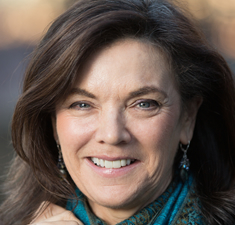
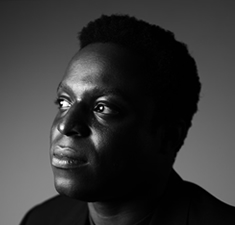
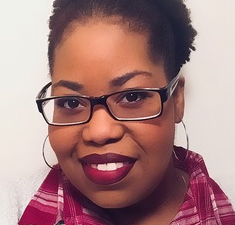
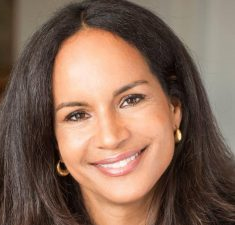
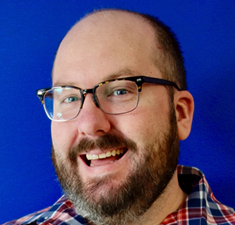 How many virtual conferences and events have you attended recently? Now compare that to the amount of time you’ve spent playing video games during the past few months. Not giving too much away, Patrick and I would probably agree that we’ve spent more time on the latter. With screen time dominating our lives and in-person gatherings largely on hold, how can we rise to the challenge of bringing communities together in accessible, refreshing, and fun ways?
How many virtual conferences and events have you attended recently? Now compare that to the amount of time you’ve spent playing video games during the past few months. Not giving too much away, Patrick and I would probably agree that we’ve spent more time on the latter. With screen time dominating our lives and in-person gatherings largely on hold, how can we rise to the challenge of bringing communities together in accessible, refreshing, and fun ways? 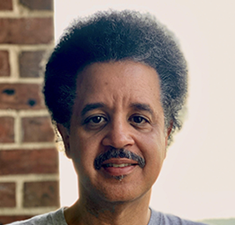
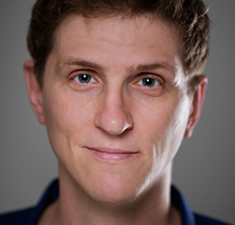 For years, Facebook executives have persistently shut down efforts to make the site less divisive,
For years, Facebook executives have persistently shut down efforts to make the site less divisive,